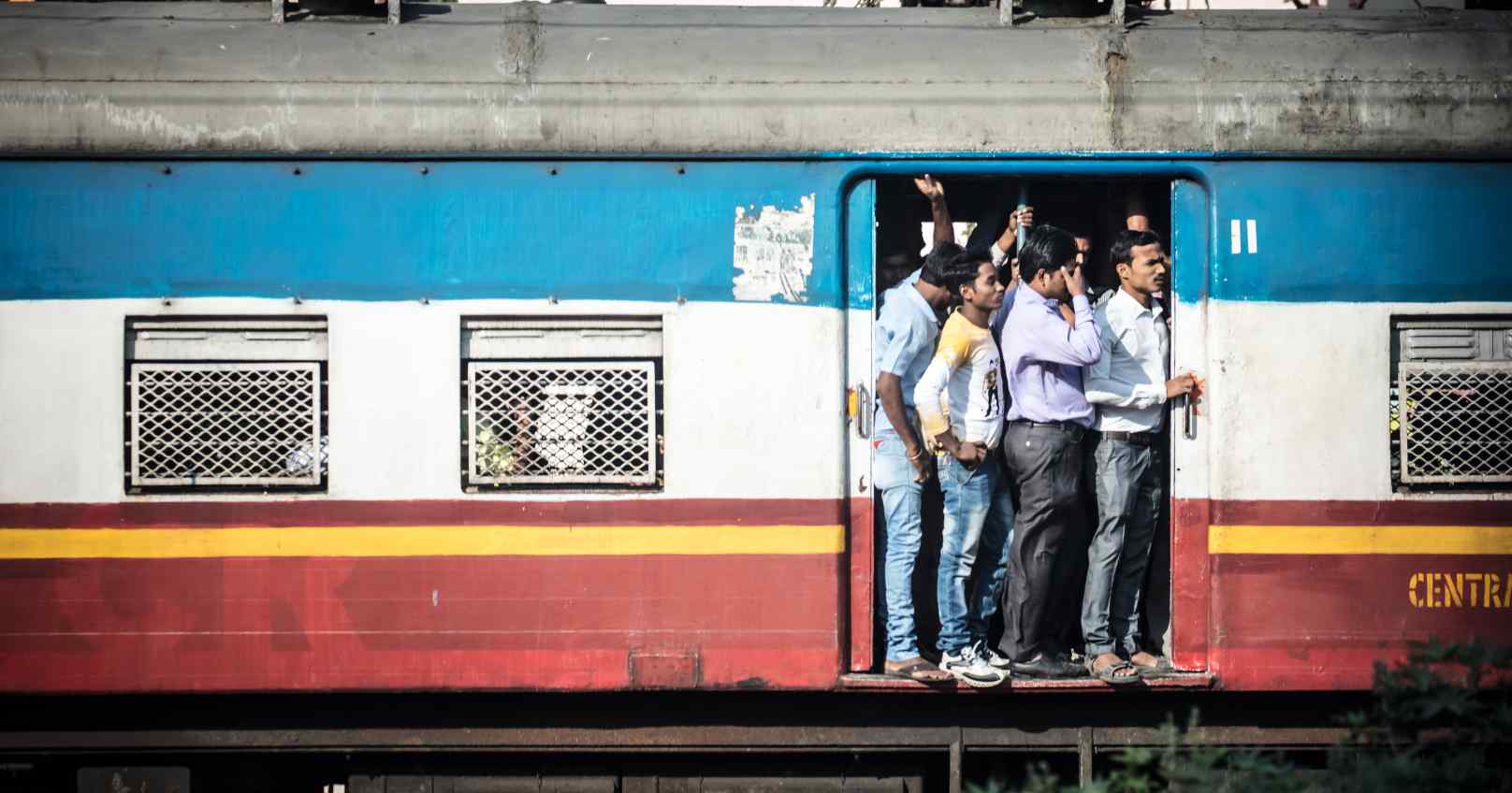In a landmark decision set to redefine urban commuting, the Maharashtra government has announced plans to convert all Mumbai local trains into fully air-conditioned (AC) rakes. This ambitious initiative aims to offer greater comfort to passengers while addressing the challenges of heat and overcrowding in the city’s bustling transit system. By modernizing Mumbai’s lifeline, the move promises to elevate the passenger experience and establish a new standard for urban mobility in India.
The shift to AC trains is expected to significantly enhance the daily commute for millions of Mumbaikars, while preserving the cultural and emotional significance of the city's local train network.
Mumbai Locals: A Symbol of the Maximum City
Mumbai’s suburban railway system has long been an iconic part of the city’s identity, carrying not just passengers but also its stories and aspirations. Here are some highlights that make it unique:
- Massive Ridership: Mumbai locals transport over 7.5 million passengers daily, making it one of the busiest suburban railway systems in the world.
- Extensive Network: Spanning 390 kilometers, the network includes the Western, Central, and Harbour lines, connecting the farthest reaches of the city and its suburbs.
- Historic Significance: India’s first-ever train journey occurred between Mumbai and Thane on April 16, 1853, marking the inception of Indian Railways.
- Women-Only Services: Dedicated women-only trains were introduced in 1992, ensuring safer and more convenient travel for female commuters.
- Impressive Punctuality: Despite the chaos and congestion, Mumbai locals are known for their punctuality, with trains arriving every 3–4 minutes during peak hours.
As the city gears up for this transformation, the modernization of its iconic local trains represents not just a step forward in infrastructure but also a commitment to enhancing the daily lives of millions of Mumbaikars.







